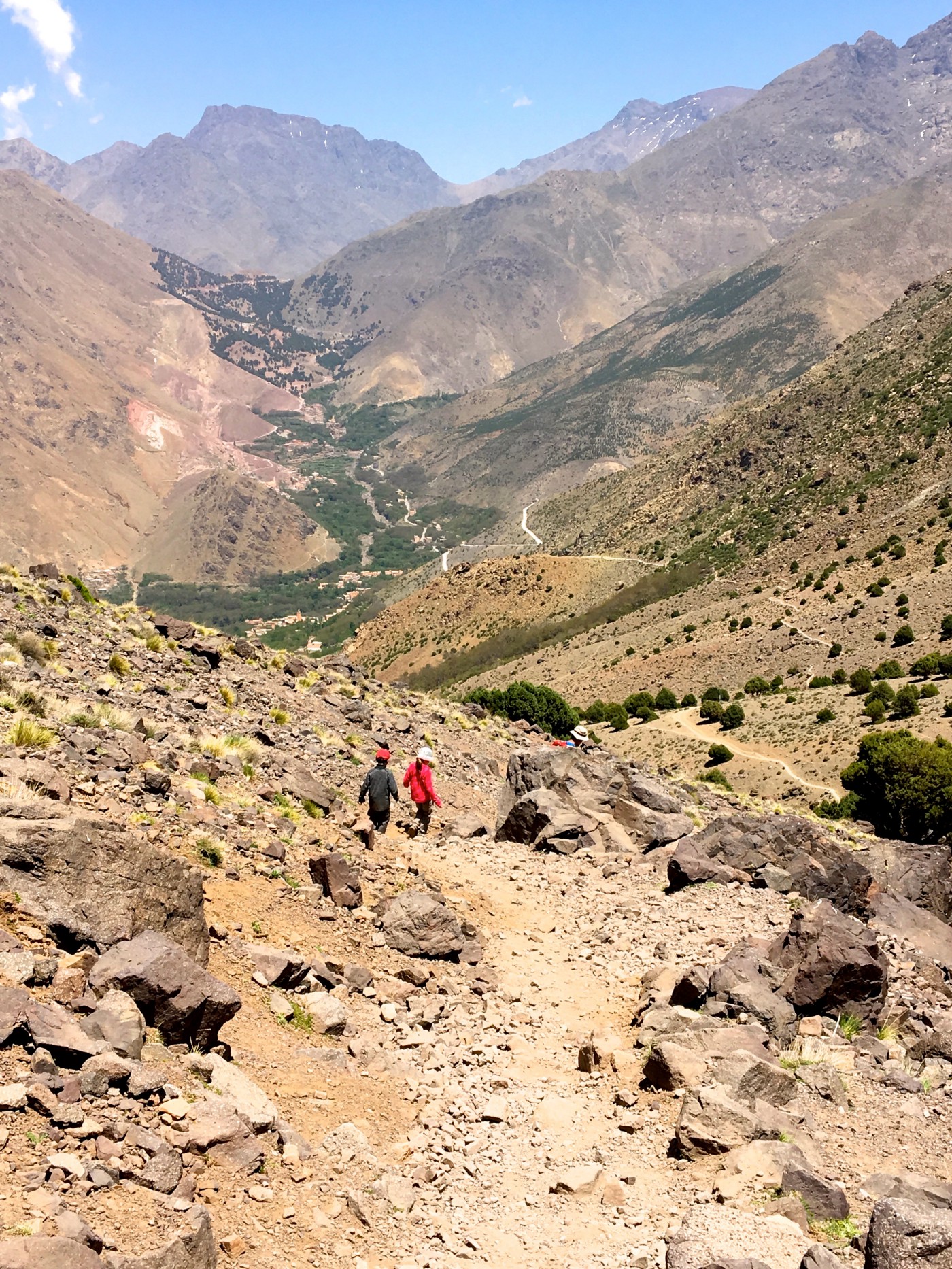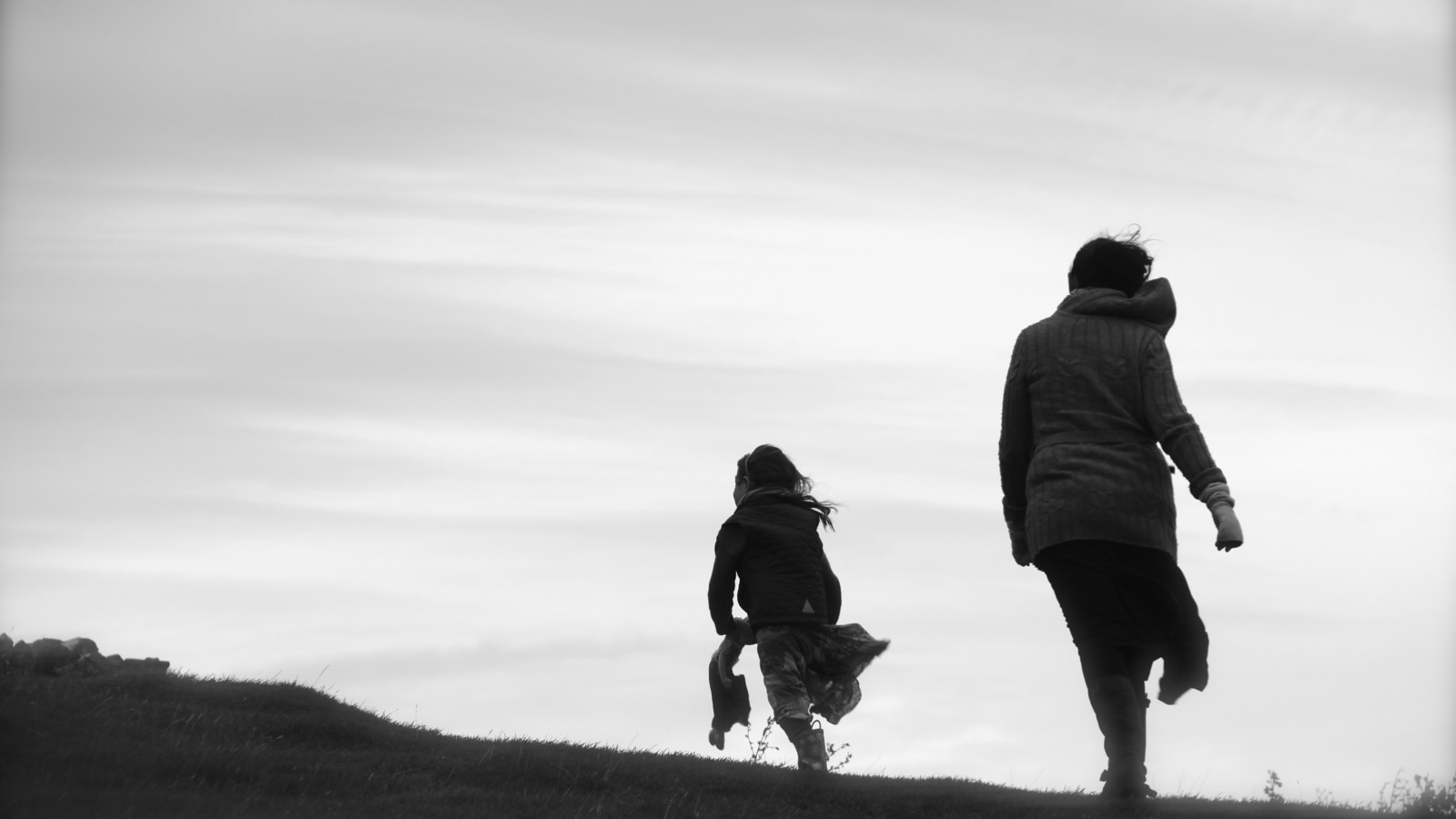Family getaways inspire and connect. During a three-and-a-half-year ex-pat assignment in Amsterdam, my husband and I, along with our two young children, traveled extensively throughout Europe and Africa. We approached our time abroad as a once-in-a-lifetime opportunity to expose our children to different cultures and histories, unusual landscapes, and new activities. Therefore, we squeezed in as many trips as possible before returning home to the U.S.
Our kids were only four and five years old when we first arrived in Amsterdam, so good trip planning was essential.
Indeed, travel hacks seem to be the focus of most articles offering advice on traveling with kids. Bring snacks. Bring the iPad. Get to the airport early.
Umm, no duh? Isn’t this all rather obvious?
Going to the grocery store with little ones requires proper planning — crossing the ocean is not much different. Whatever you take to Grandma’s for the weekend, pack that. Whatever you do to soothe your child or to distract them or to get them to fall asleep, plan to do that while traveling. What makes sense for your child on outings at home, will likely make sense in Cancún or Yellowstone or a camping trip one hour away.
Taking a family trip means beefing up what you do every single day. You know your kid, so plan for what you know.
Then, familiarize yourself with your destination and have at least a rough itinerary. Some destinations will have a CVS on every corner, others won’t. Do NOT pack for every just-in-case or every possible emergency. Fight the urge to pack the whole house. Fight it! It will be okay. Nothing’s worse with kids in tow than having to rearrange the contents of your suitcases at the airport to get them below fifty pounds or having to drag lots of overloaded luggage up five flights in an old European hotel.
Planning is a given when traveling with kids and will reduce worries and unnecessary hassles. It’s also important not to overthink it.
That said, wouldn’t you love to go beyond the basics? Add body to that skeleton? Below are some ideas to bring a little heart and soul into your family vacation.
1. Be realistic and set expectations.
Here’s the thing. For all that planning, there will be moments that suck. You’re going to forget the pacifiers and curse the day you ever stepped on a plane with your fifteen-month-old. Your teenaged daughter and her boyfriend are going to break up the night before you leave, casting a giant pall over the vacation. There will be moments you lose your cool and days when your carefully crafted itinerary blows up in your face for unforeseen reasons. There will be protesting and tantrums. Someone will get sick. One kid will love audioguides while the other hates to have anything in their ears and whines so much you can’t listen to your audioguide tour either. So much for my day at The Uffizi Gallery.
I’ve never been the mom who makes separate meals for each person at the table. Everyone sits down together and eats the same dinner, like it or not. I don’t force my children to eat something they don’t like, but I do ask them to try a new food for a few meals before letting it go. Often, they end up liking whatever they hated three weeks before that. Exposure matters. The same thing goes for traveling.
You are not the equivalent of a short-order cook while on vacation. There is no way to please everyone all the time, so don’t waste time trying.
Instead, share your plans and the itinerary ahead of time. Let your kids know what type of trip you envision and set the tone. Is this an educational trip? Recreational? Adventurous? Ask for input and talk about what everyone wants out of the vacation. Get on the same page before departing. Toddlers may not get it, but discuss the trip with them anyway — it sets the stage for when they’re older and can participate.
That said, asking for input is not a free-for-all. Requests should generally fit within the tenor of the vacation, and not every ask will be feasible. The idea, like mealtime, is that there will be a little of this, a little of that. If a particular family member is lukewarm about Tuesday’s activity, something more appealing may be on the agenda for Thursday. And, this is not to suggest your family spend its vacation in stiff-legged formation. A rewarding family vacation allows for alone time and the ability to splinter off into smaller groups. Balance creates a sense of togetherness.
2. Travel with intention.
Let’s say your family is headed to Greece for two weeks this summer. The goal of the trip (based on that fantastic itinerary you’ve put together) is to see Athens and spend time on three islands. Greece is the destination; it’s what you want to do. When the trip is over, it’s what you want to have accomplished. Your vacation intentions are different — they are about how you want to travel while in Greece. You may have individual intentions such as completely disconnecting from work or your phone. Your family may have group intentions, like spending quality time together by catching every single sunset as a family or by selecting one unfamiliar ingredient at the local market to cook with each day. Intentions help ground you in the moment and take the focus off the next step, the next stop on the itinerary, the next island. It’s about enjoying the journey of your journey, giving your trip purpose and deeper meaning.
Intentions don’t have to squash spontaneity either. It’s true, intentions do narrow your focus. But I’d argue an intentional approach frees up more of your time and, importantly, your energy. Rather than feeling drained and resentful for not having ignored your inbox, you will feel invigorated and inspired to take that detour off the beaten path or to choose the moderate hike over the easy one. Far from squeezing the fun out of your vacation, intentionality helps align your values with your travels, which in turn frees up your spirit.

3. Scare your children, scare yourself.
Don’t be reckless or foolish, but push your family to step outside its comfort zone. This will be unique to your family. Perhaps the very fact that you are taking a trip is a special step for your family. Maybe it’s a whitewater rafting excursion or a volunteer vacation or visiting a city where you don’t speak the language. Your family’s something could be a small-but-daunting activity each day, or it could be one grand outing.
Figure it out together and survive it together.
One of the best ways to scare yourself is to let the kids decide how to take things up a notch.
Seriously. You’ll be surprised what you will find yourself doing that you could have never imagined. My husband and I learned to ski in our forties, alongside our two toddlers. Years later, I’m still not very good and sometimes I’m terrified, but my heart soars when they beg me to spend the day out on the slopes with them.
4. Climb high.
Climb a mountain. A cathedral. A lighthouse.
Your toddler? He can climb.
It doesn’t have to be a literal climb — a metaphorical, intellectual, or spiritual climb will also do.
The point is:
Target something extraordinary and tackle it during your trip.
This may or may not be the same excursion or activity as the one your family chooses to step outside its comfort zone (see #3). Climbing high is about the physical, mental, or spiritual exertion required of each family member. It’s about your family’s perseverance and a collective sense of accomplishment.
We lean toward physical challenges during our travels because they’re measurable, which is fun for kids.
It’s 919 steps to the top of Milan Cathedral, by the way!
5. Take the long view.
The truth is, your kids won’t remember every moment of every trip. They may not remember some trips at all. They’ll stumble recalling moments that were special for you or the ones that took a herculean effort to pull off. That’s okay. They will be helped along in their memories by stories and photos and future trips.

Yet, while your children may not remember every detail of your family vacation, they will emerge from their travels with a feeling — a sense of personal and familial identity. An impression of themselves, their family, and the world, which will help shape their personality.
We’re campers. We go to museums. We like to go for long walks on the beach with our dog. I want to learn French. I love Asian food. New York City is too crowded and busy for my taste. Australia is so far away!
It’s the emotional memory of a trip that is so profound and memorable.
And your children will pick up on any number of soft skills that will become more noticeable over time. By helping prepare for a trip, for example, they gain self-management skills. In traveling as a unit, they learn to collaborate. By navigating new settings and unexpected changes, they become more flexible and adaptable. Your children will be interfacing with adults in the service industry, and with children growing up in circumstances different from their own. Teach them to look people in the eye, to say hello and goodbye. Teach them to say please and thank you.
Family vacations live in your children and your family lore. It’s amazing to wonder about their future selves. About your family’s future self.
Sure, there’s a hack here and there that could make your travels easier, but organizing a trip isn’t much different than what’s required of you every day. You know what to do. Launch the boat. You got this.
Creating meaning may seem more challenging, but I’m willing to bet that taking an inspired family vacation is intuitive to most of us.
Don’t we all want our time away from day-to-day life to be about something?
Don’t we hope our two-week break serves a higher purpose?
Most of us are motivated by more than checking a box, by more than crossing the Acropolis off our bucket list. Maybe we have a desire to reconnect with our spouse or our daughter or ourselves. Maybe our aim is restorative, or maybe it’s to celebrate a body nursed back to health. In any case, it’s not that we don’t have intentions or want to expand ourselves or our families in some way, it’s that we’re not aware. We get lost in the flurry of preparing for a trip, then the stress of travel. We forget to bring in the whole team and voice our ideas. But somewhere deep down, we’re chasing something more radical and meaningful.
Identify it. Label it. Travel it.


